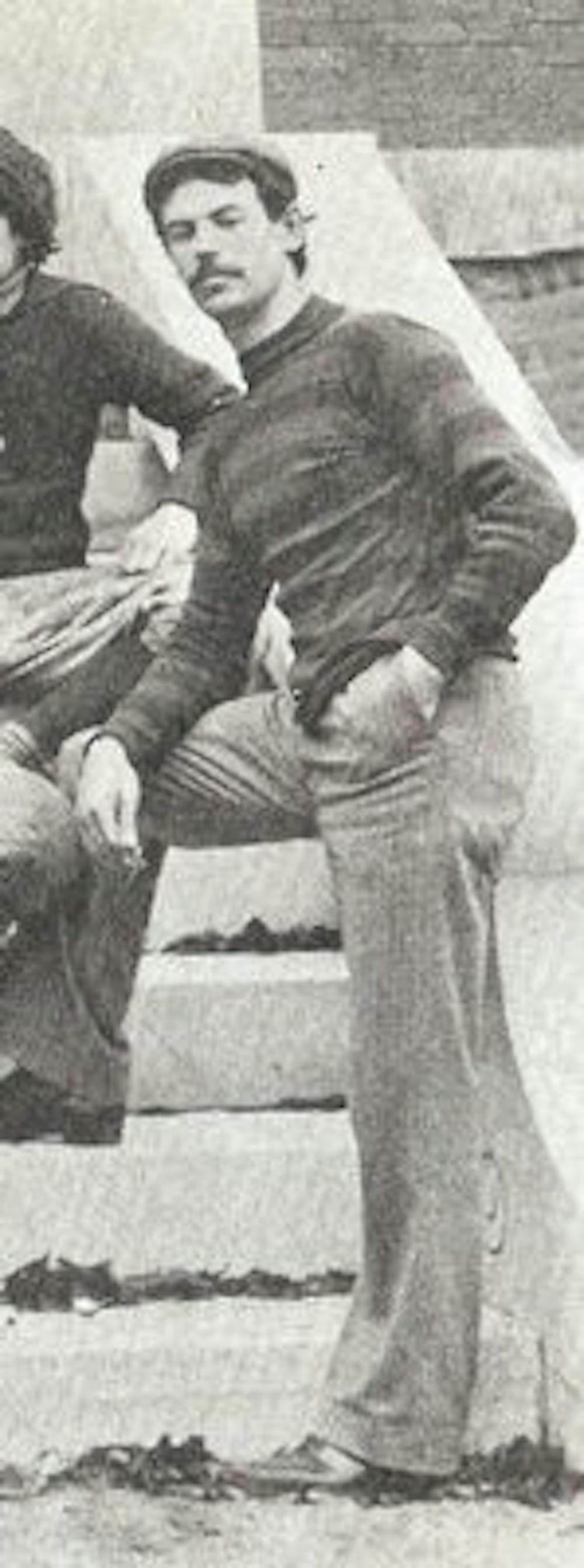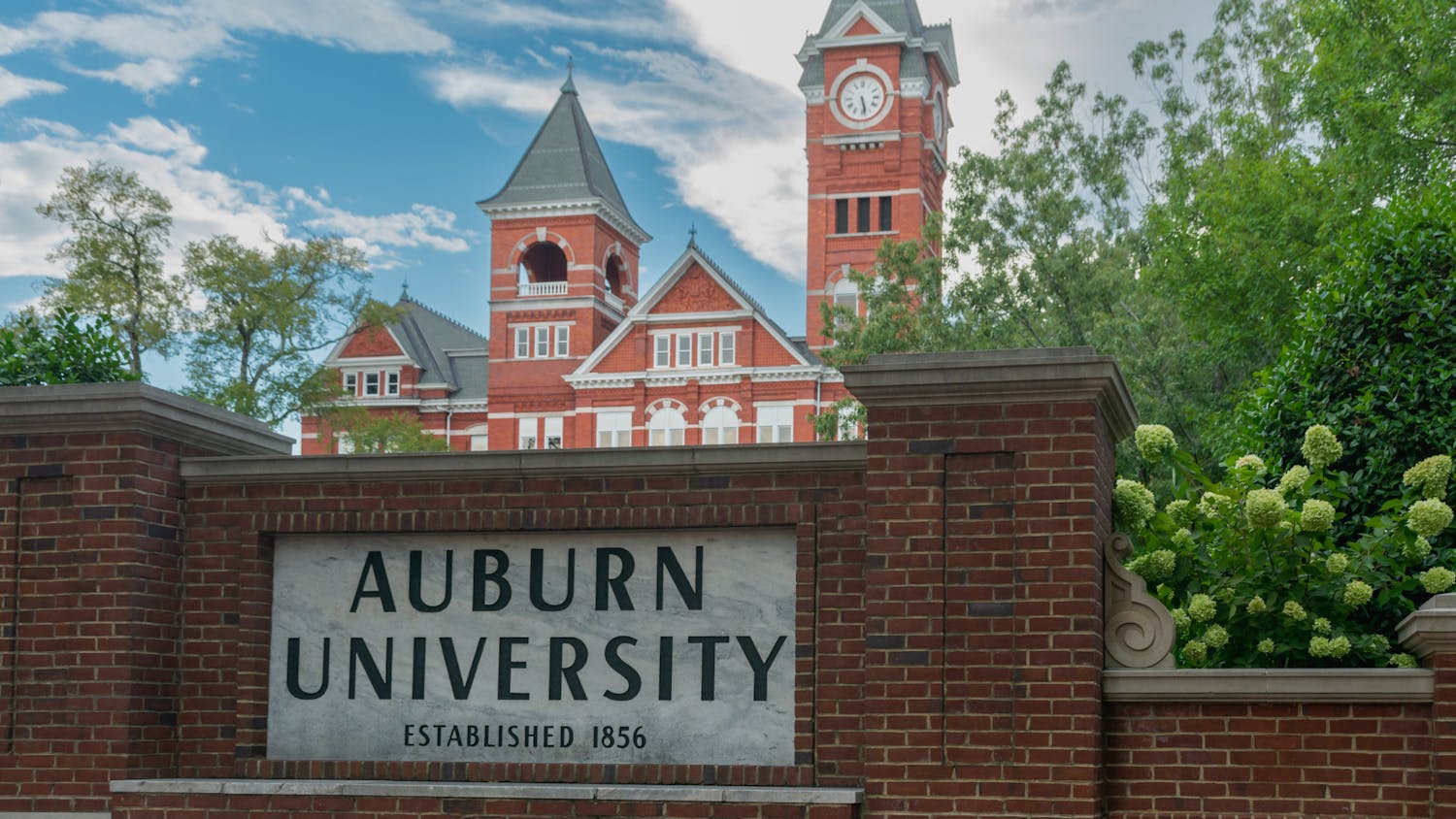When John Heisman accepted the head coaching position at Auburn, then known as Alabama Polytechnic Institute, in 1895, the Tigers embraced a young, innovative football coach with a proven track record.
What they failed to realize, as historian Ralph Draughon Jr. points out in his article in the latest edition of Alabama Heritage, was Heisman was much more than a great coach who would go on to be the namesake of college football's most prestigious award.
"He considered himself to be a professional actor," Draughon said. "He did a lot of Shakespearian readings when he got to Auburn. He was very popular around campus."
In 1897, Heisman was forced to put his professional training as an actor to good use. He used his past experience as a member of theatrical groups to create Auburn's first drama club in order to prevent the football team from going bankrupt.
"The football team had gone $700 into debt, so he formed the A.P.I. Dramatic Club in order to raise money so they could field a football team the next year," Draughon said. "They put on a comedy called 'David Garrick,' which was very popular at the time, as a fundraiser. He was the producer, director, star and publicist."
Draughon, however, said he believes Heisman may have had an ulterior motive.
"I think his real reason for forming the (A.P.I.) Dramatic Club was he just loved acting," he said.
No matter his intent, the inaugural performance was a hit. "David Garrick," staged in what is now Toomer's Drugs in downtown Auburn, garnered rave reviews from all in attendance.
"Various professors gave it many complimentary reviews," Draughon said. "George Petrie said it was one of the best performances that had ever been done at Auburn."
In addition to gaining notoriety on the stage, Heisman's manner of coaching gained Auburn football public recognition.
"(Heisman) gave Auburn football its first national publicity," Draughon said. "At that time it was illegal to coach from the sidelines, but Heisman would use secret signals with a bottle or a handkerchief to communicate with his team. He also fitted his linemen with straps and handles under their belts that the other linemen could hold onto to prevent the opposing team from breaking through the line."
W.L. Taylor, former referee, was described by Draughon as Heisman's longtime nemesis, went to the media to voice his displeasure with the coach's questionable tactics.
"In the Birmingham Age-Herald, Taylor attacked Heisman saying, '(Heisman) displayed his histrionic gifts and his lurid appeal. He was just seeking peanut gallery applause; the kind of applause he gets when acting character parts in cheap theater,'" Draughon said.
While Heisman's position as head coach may have placed the national spotlight on Auburn, his role in theater has been largely forgotten by the community. Draughon said the University doesn't credit the A.P.I. Dramatic Club as its first drama organization.
"The University Theatre claims that the Footlight Club, (formed) in 1914, was the first dramatic group on Auburn's campus, but actually, Heisman's group preceded it by 17 years," Draughon said.
Luckily, Draughon stumbled upon the story of Heisman's theatrical exploits while digging through the Auburn archives. If it hadn't been for that accidental find and the resulting article in Alabama Heritage, Heisman's story could have been lost forever.
According to Draughon, Heisman said, "The crime of being an actor, I shall neither attempt to palliate or deny."
Do you like this story? The Plainsman doesn't accept money from tuition or student fees, and we don't charge a subscription fee. But you can donate to support The Plainsman.





